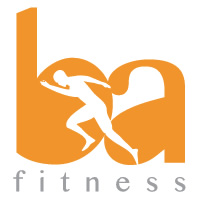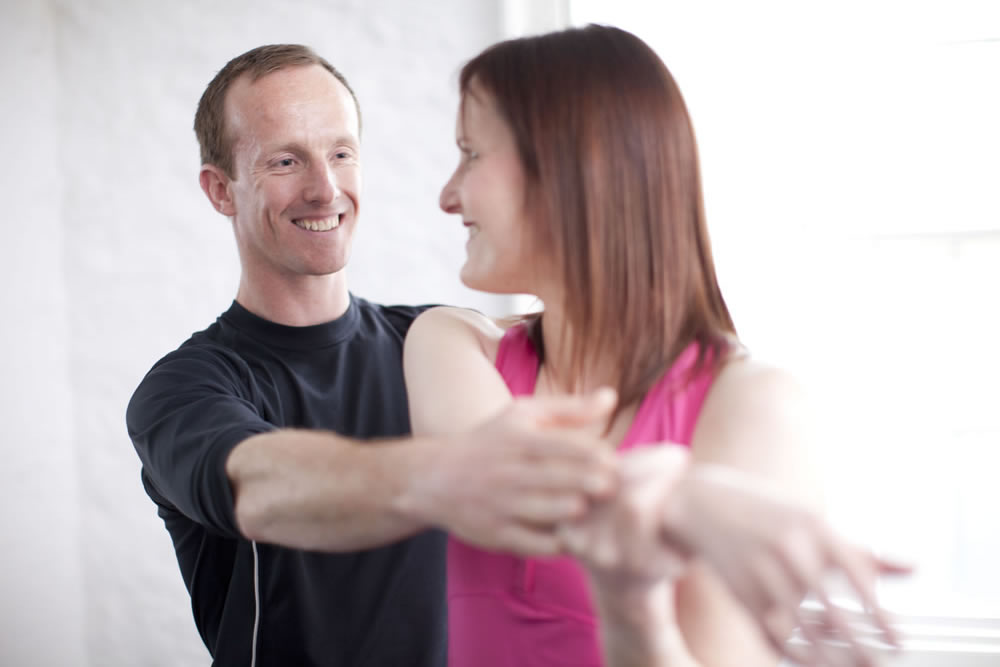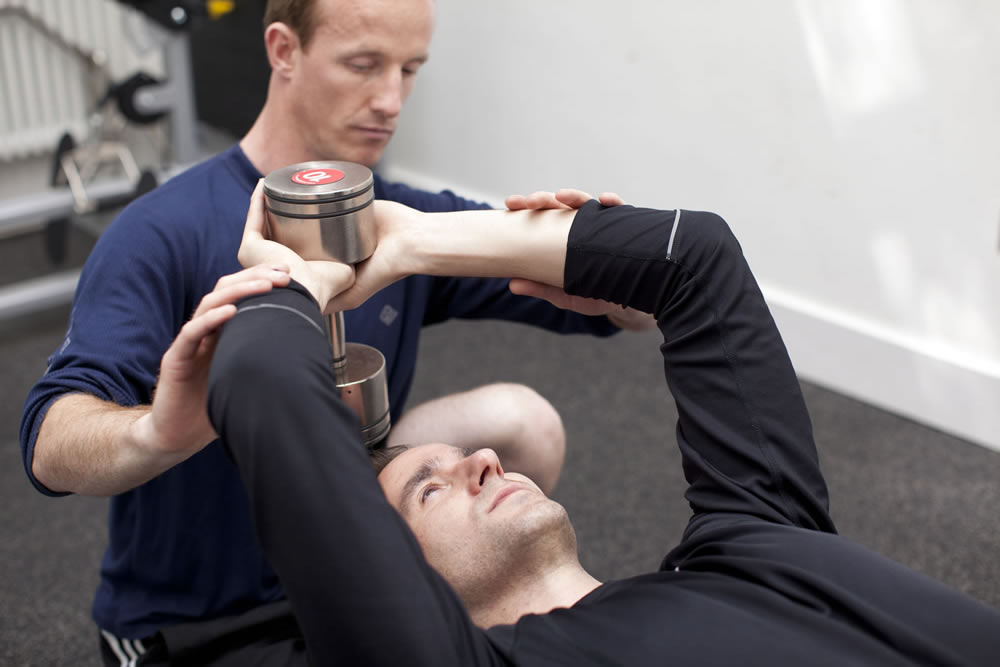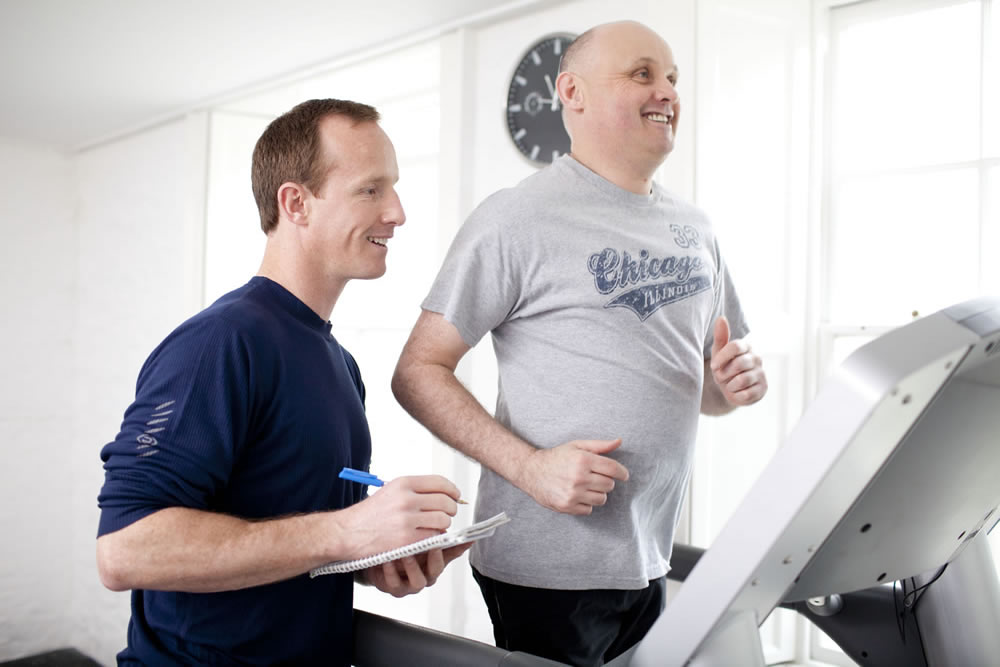Personal Fitness Trainer
Personal Fitness Trainer
Personal fitness can mean different things to different people, so it is hardly surprising and potentially off-putting, that someone can get lost in the myriad of information that’s out there. Especially when they are looking to achieve the quickest or most effective results to improve x, y, z.
To make things a little easier to understand, the exercise scientists and the fitness industry identify that there are 5 main recognised general health components of physical fitness. These consist of; 1) Body Composition, 2) Cardiovascular Fitness, 3) Flexibility 4) Muscular Endurance, 5) Muscular Strength.
Depending on your levels of fitness and exercise experience, a realistic progressive training plan will be agreed between you and your Personal Fitness Trainer. If you are new to exercise, you are likely to incorporate all elements in the initial phases of your training plan, as your body will be rapidly adapting to the new overload that it is receiving. As you become more experienced and you demonstrate more efficient technique, then you may well start to have more focus on one of the specific components, in order to meet your goals.
While the components are listed individually, there is an element of overlap as a result. For example, a cardiovascular fitness programme focussing on running / stair climbing / cycling etc, will obviously develop the muscular endurance component. Similarly, the tougher a muscular strength training session becomes, then there will be improvements in cardiovascular fitness due to the rate and depth of breathing, as well as the increased heart rate as the body rapidly tries to get oxygen to the working muscles.
As you get fitter and more competent at the exercises, then your Personal Fitness Trainer may move you into more specific areas of fitness known as motor fitness (sometimes also referred to as skill-related fitness). These components are; 1) Agility, 2) Balance, 3) Co-ordination, 4) Power, 5) Reaction Time, 6) Speed.
The motor fitness components are, as you may expect, more synonymous with training athletes. This is where the ‘fine-tuning’ of movement comes into play, with the exercises performed in a similar manner to the actual movement that will be executed in their chosen sport.
Motor skills are also very beneficial for the ‘average’ person who doesn’t compete in sport. By mastering, say, balance and co-ordination, it opens up more opportunities to train in different ways. This in turn will maintain motivation as well as help you achieve your goals that bit quicker.



